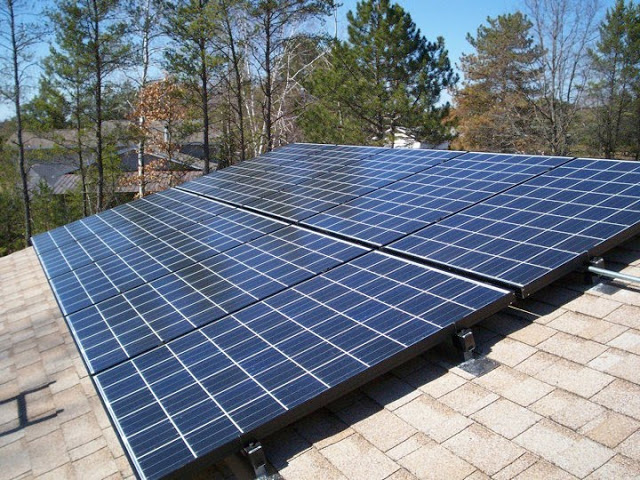by jboullion | Sep 24, 2010 | Uncategorized
From an article by Dustin Klein in The Pointer, UW-Stevens Point:
Many students would agree that the UW-Stevens point campus is very eco-friendly. Those same students might not know that UWSP burns coal at the physical plant on the north end of campus.
Joseph Rohrer, a sophomore forestry major, felt it speaks volumes about our university.
“Obviously, I’m not happy about [burning coal]. We’re supposed to be the greenest campus in the state, so it really says something about the other campuses,” he said.
The plant is used to heat the campus’ water and buildings, which is why it needs to burn its fuel. The physical plant runs all day long, despite rumors that it only runs at night.
According to Bob Govett, a 20-year veteran of the College of Natural Resources, the State of Wisconsin and the University work out a contract on the materials they burn. It comes in three different possibilities: coal, wood pellets, or natural gas. The decision about what to burn comes down to one thing: money. The campus burns the cheapest fuel available at the time.
“The coal is purchased under state contract, paper pellets under state contract, and the gas, again, is purchased under state contract,” Govett stated.
by jboullion | Sep 21, 2010 | Uncategorized
From an article in the Stevens Point Journal:
The front design for the Central Wisconsin Children’s Museum new site at 1100 Main St. will blend in with the surrounding older buildings.
On Wednesday, the Stevens Point Historic Preservation/Design Review Commission approved the design by Arc Central, the architectural and design firm working on the renovations.
The Main Street front is part of an ongoing project to move the Children’s Museum from the CenterPoint MarketPlace to its new location in what was called “The Connection.” Because it is in the Main Street Historic District, the Main Street side of the building needed to be approved by the city commission.
Jim Lucas, project designer with Arc Central, said the idea was to “capture the flavor of downtown.”
The museum’s front also will have solar panels to collect light for the museum. The museum will sell back the excess energy to Wisconsin Public Service.
The museum will use the panels to teach children about alternative energy in a hands-on manner.
by jboullion | Sep 20, 2010 | Uncategorized
From an article by Kevin Murphy in the Wausau Daily Herald:
MADISON — The Citizens Utility Board wants the Wisconsin Public Service Commission to take a harder look at the environmental impact a power plant planned for Rothschild might have.
CUB asked the PSC last week to reconsider its preliminary decision not to conduct an environmental impact statement for the 50 megawatt, biomass-fueled generating plant We Energies wants to build on the south side of the Domtar paper mill.
PSC staff has conducted a preliminary environmental assessment, or EA, of the project that found it would pose no significant threat to the quality of the human environment. CUB said, however, that that conclusion is contrary to PSC staff’s own preliminary determination that the plant will have significant impacts unless mitigation measures are implemented.
by jboullion | Sep 20, 2010 | Uncategorized
From a news release issued by Energy Composites Corporation:
WISCONSIN RAPIDS, Wis. September 17, 2010 — Energy Composites Corporation (“ECC”)
(NASDAQ OTC:ENCC) a leading provider of composites-based solutions to the clean-tech sector, today announced that it has entered into an agreement with SSP Technology A/S of Kirkeby, Denmark (“SSP”), with the purpose of entering into a strategic partnership and to establish a joint venture. This strategic alliance will support both companies’ efforts to supply competitive blades to wind turbine generators for North American customers.
With its base in Wisconsin Rapids, the joint venture will be well-situated in the midst of the upcoming Great Lakes/Midwest wind turbine market. In the coming years this region will set new demands and lead the market for turbine performance, blade size and manufacturing technologies.
SSP will offer customers the complete aerodynamic and structural design for blades and moulds, production of prototype blades, and ramp-up of blade production based on the partnership with ECC. ECC will manufacture blades for all customers based either on the customer’s own design or a blade design developed via the partnership with SSP. The joint venture will manufacture moulds and prefabricated root segments for both companies and their customers.

by jboullion | Sep 17, 2010 | Uncategorized
North Wind Renewable Energy installed this flush-mounted solar electric system on a home near Wisconsin Rapids.

